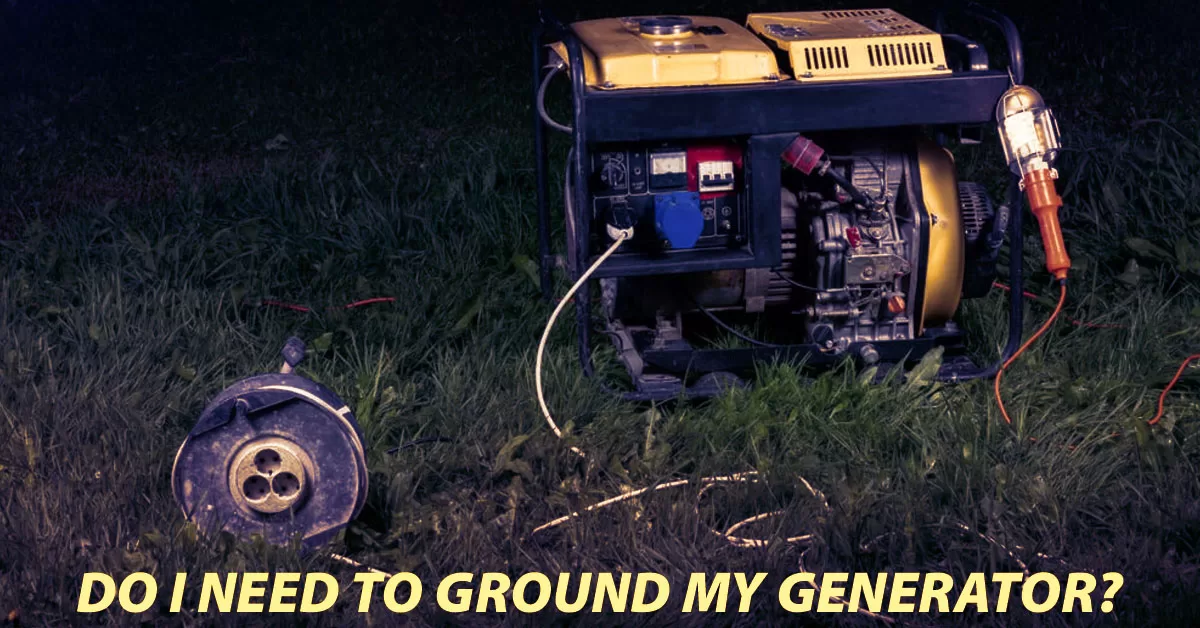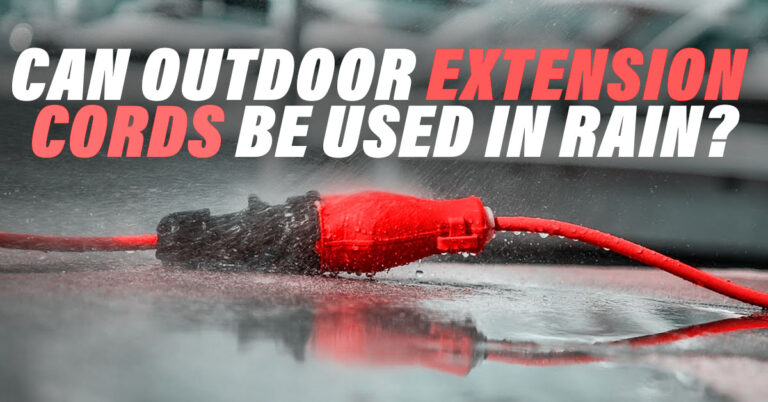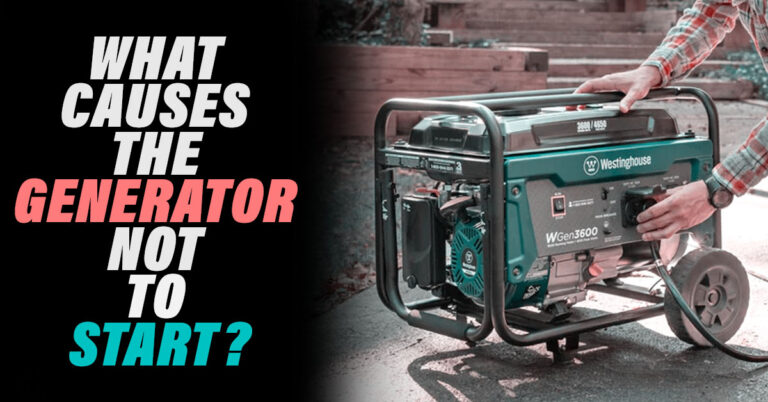Do I Need To Ground My Generator?
A generator must be grounded as a crucial safety precaution for several reasons. In the case of an electrical fault, a properly grounded generator offers a safe channel for electrical current to follow, preventing electrical shock and other risks.
Why You Should Ground Your Generator
To avoid electrical shock, a generator must be grounded, which is one of the key reasons for this. Electrical current traveling through a generator without sufficient grounding has no way to reach the ground safely. As a result, the current could pass through someone who is touching the generator, which is not what was intended. An electrical shock that results from this has the potential to be fatal.
A generator that is correctly grounded also aids in preventing electrical fires. The lack of a good grounding system increases the danger of electrical fires by allowing excess electrical charges to accumulate within the generator. Electrical fires are less likely to start on a grounded generator because of its improved ability to discharge these extra charges.
Protecting delicate electronic equipment is another justification for grounding a generator. A generator is more likely to face electrical issues like power surges and voltage spikes if it lacks a sufficient grounding system. These problems may potentially result in electrical fires while harming delicate electronic equipment such as refrigerators.
Do All Generators Need to Be Grounded?
All generators must be grounded. A generator must be grounded as a fundamental safety precaution to guard against electrical shock and other dangers.
Electrical current traveling through a generator without sufficient grounding has no way to reach the ground safely. As a result, the current could pass through someone who is touching the generator, which is not what was intended. An electrical shock that results from this has the potential to be fatal.
In the case of an electrical fault, a generator that is securely grounded offers a safe channel for electrical current to follow. This assists in avoiding threats like electrical shock.
Additionally, an improperly grounded generator is more susceptible to electrical issues, including power surges and voltage spikes. These problems may potentially result in electrical fires while harming delicate electronic equipment.
What Happens If You Don’t Ground a Generator?
A generator may be a significant safety risk if it is not properly grounded. Electrical current may go via unforeseen channels, such as a person who is in touch with the generator, if there is a poor grounding system. An electrical shock that results from this has the potential to be fatal.
Additionally, an improperly grounded generator is more susceptible to electrical issues, including power surges and voltage spikes. These problems may potentially result in electrical fires while harming delicate electronic equipment.
If you have a generator that is not properly grounded, you should fix the problem right away. A grounding wire must be connected to the generator and a grounding rod must have been pushed into the ground to ground a generator effectively. In the case of a malfunction, this will provide a safe channel for electrical current to travel.
Factors To Take Into Account While Grounding The Generator
A few important factors must be taken into account while grounding a generator. You may ensure that your generator is properly grounded and reduce electrical dangers according to these suggestions.
- Use a grounding wire that is the appropriate size. To transport electrical power without becoming heated or breaking, the grounding wire must be large enough.
- Use a grounding rod made of copper or another conductive substance. This will assist in ensuring the grounding system’s functionality.
- The grounding rod should be buried at least six feet underground. This will allow the rod to be securely lodged in the ground and allow for adequate electrical charge-discharge.
- A grounding clamp should be used to connect the grounding wire to the generator and the grounding rod. This will provide a solid connection and prevent the grounding wire from coming free or sliding off.
- To ensure that the grounding system is in perfect working order, check and maintain it often. By doing this, you and your family may stay safe and help prevent electrical problems.
FAQs
Why Is Grounding A Generator Important?
A generator must be grounded for safety reasons. In the case of an electrical fault, a properly grounded generator offers a safe channel for electrical current to follow, preventing electrical shock and other risks.
What Happens If An Electrical Generator Is Improperly Grounded?
Electrical electricity traveling through a generator has no safe route to the earth if it is improperly grounded. As a result, the current could pass through someone who is touching the generator, which is not what was intended. An electrical shock that results from this has the potential to be fatal. Additionally, an improperly grounded generator is more susceptible to electrical issues like voltage spikes and power surges, which may harm delicate electronic equipment and start electrical fires.
Is It Necessary To Ground Every Generator?
All generators must really be grounded. A generator must be grounded as a fundamental safety precaution to guard against electrical shock and other dangers.
How Do I Ground My Generator Properly?
A grounding wire must be connected to the generator and a grounding rod that has been pushed into the ground in order to ground a generator effectively. The grounding rod should be constructed of copper or similar conductive material, and the grounding wire should be the correct size for the generator. At least six feet of the earth should be penetrated by the grounding rod. The grounding wire should be firmly fastened to the generator and the grounding rod using a grounding clamp.
When Grounding A Generator, What Safe Work Procedures Should Be Followed?
Yes, while grounding a generator there are a number of safe work practices that should be used. These procedures include reading and adhering to the manufacturer’s instructions, using a grounding wire that is the right size, using a conductive grounding rod and driving it into the ground to the proper depth, using a grounding clamp to firmly attach the grounding wire, and routinely checking and maintaining the grounding system.







